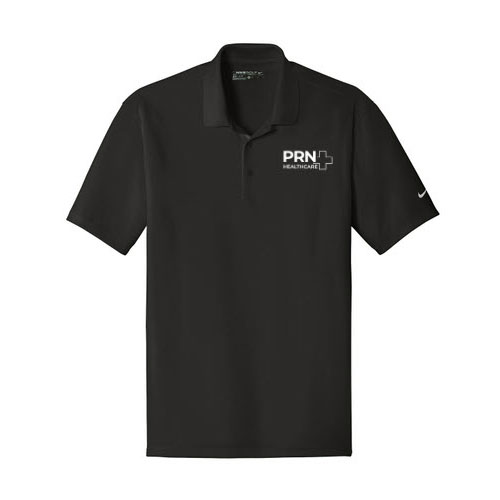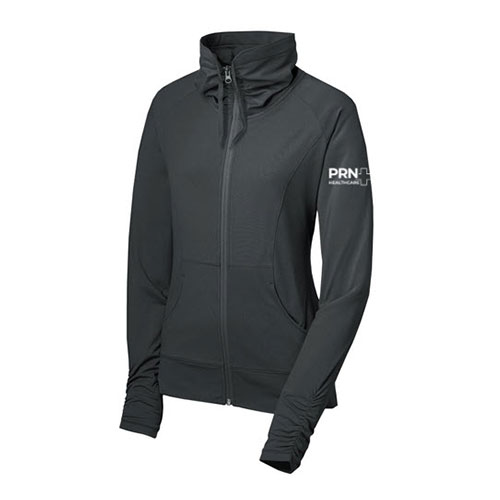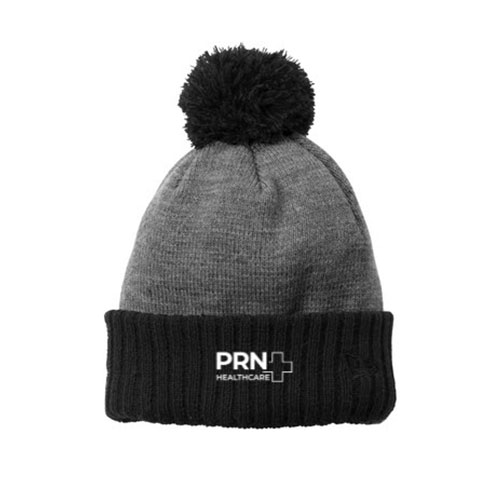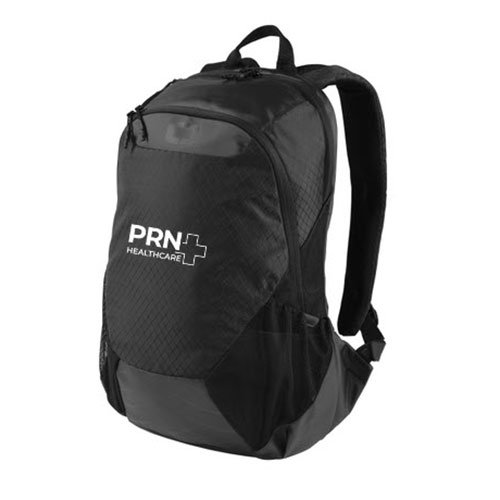Table of Contents
Potential Nurse Practitioner Interview QuestionsWhy did you choose to become an NP?What do you find most rewarding about being an NP?What are the most important qualities for an NP to possess?How do you handle difficult patients?Can you describe a time when you had to make a critical decision under pressure?How do you stay current with medical research and advancements?Describe your approach to patient education.How do you prioritize tasks during a busy shift?How do you handle disagreements with colleagues or physicians?Describe a situation where you had to advocate for a patient.How do you ensure patient confidentiality?What are your strengths as a nurse practitioner?How do you handle a situation where a patient refuses treatment?What is your experience with electronic health records (EHR)?How do you approach pain management for your patients?Can you give an example of how you’ve improved a process or procedure at work?Describe your experience working with diverse populations.What do you think are the biggest challenges facing nurse practitioners today?How do you ensure accuracy in your diagnoses and treatments?What are your future goals as a nurse practitioner?Preparing for your nurse practitioner interview questions is crucial because it increases your likelihood of securing an NP job. Effective and thorough preparation helps a candidate present themselves with confidence, clearly articulate their skills and experiences, and respond effectively to the questions. By practicing potential interview questions, one can refine their answers, reduce their anxiety, and demonstrate they are the best candidate for the job.
Preparation will reflect positivity on a candidate’s enthusiasm and performance, and it will leave a good impression on the potential employer. In a competitive job market, being prepared is a differentiator that sets a candidate apart from fellow candidates.
Potential Nurse Practitioner Interview Questions
Preparing for your NP interview involves anticipating questions about both your technical knowledge and skill set. Here are 20 potential nurse practitioner interview questions along with potential answers:
Why did you choose to become an NP?
Answer: “I became a nurse practitioner to provide comprehensive, patient-centered care, combining my passion for nursing with advanced clinical skills. This profession allows me to diagnose, treat, and manage a wide range of health conditions while building deep connections with patients and making a significant impact on their well-being.”
What do you find most rewarding about being an NP?
Answer: “The most rewarding part of being a nurse practitioner is the ability to make a meaningful difference in my patients’ lives. I value the trust patients place in me, allowing me to provide personalized care, support their health journey, and be a part of their progress and recovery. The deep relationships I build bring me satisfaction and fulfillment.”
What are the most important qualities for an NP to possess?
Answer: “An NP should be compassionate and empathetic, effectively communicate with patients, have clinical competence, ethical integrity, and advanced critical thinking and problem-solving skills.”
How do you handle difficult patients?
Answer: “I remain calm, listen actively, show empathy, and try to understand their concerns. It’s important to communicate clearly and ensure they feel heard and respected.”
Can you describe a time when you had to make a critical decision under pressure?
Answer: Describe a situation, what you did, and the results. “I quickly assessed the situation and…”
How do you stay current with medical research and advancements?
Answer: “I regularly attend medical conferences, participate in continuing education, and read professional journals to stay updated with the latest advancements.”
Describe your approach to patient education.
Answer: “I use clear, non-medical language to explain their diagnosis, treatment plans, and preventive measures. I often provide written materials and always encourage questions to ensure patients understand their care.”
How do you prioritize tasks during a busy shift?
Answer: “I assess the urgency and importance of tasks, prioritize based on patient needs, delegate when appropriate, and stay organized to manage my time.”
How do you handle disagreements with colleagues or physicians?
Answer: “I approach disagreements with a collaborative mindset, seeking to understand their perspective, and discussing the issue using current research to reach a consensus.”
Describe a situation where you had to advocate for a patient.
Answer: Provide an example and how it was resolved. For example, “a patient needed a specific medication that was initially denied by their insurance, but I provided the insurance company with the necessary documentation, and the patient received the medication.”
How do you ensure patient confidentiality?
Answer: “I always adhere to HIPAA regulations, ensure secure storage of patient records, and discuss patient information only with authorized personnel.”
What are your strengths as a nurse practitioner?
Answer: “My strengths include strong clinical skills, excellent communication, empathy, and the ability to build trusting relationships with patients.”
How do you handle a situation where a patient refuses treatment?
Answer: “I respect their decision but provide all necessary information about the consequences of refusing treatment, thoroughly document, and discuss alternative options to ensure they make an informed choice.”
What is your experience with electronic health records (EHR)?
Answer: “I am proficient with various EHR systems including x, x, and x. I’ve used them to document patient information accurately, streamline workflows, and improve communication within the healthcare team.”
How do you approach pain management for your patients?
Answer: “I assess the patient’s pain thoroughly, consider their history, and develop a multimodal pain management plan that includes pharmacologic and non-pharmacologic approaches.”
Can you give an example of how you’ve improved a process or procedure at work?
Answer: “I identified inefficiencies in our patient intake process, proposed and implemented a new triage system that reduced patient wait times and improved flow.”
Describe your experience working with diverse populations.
Answer: “I have worked with patients from various cultural and socioeconomic backgrounds, always striving to provide competent care and address specific needs and barriers.” Provide an example from your schooling or any prior experience.
What do you think are the biggest challenges facing nurse practitioners today?
Answer: “The biggest challenges include managing increasing patient loads, navigating the healthcare system, staying updated with rapidly evolving medical knowledge, and advocating for full scope authority.”
How do you ensure accuracy in your diagnoses and treatments?
Answer: “I conduct thorough assessments, use evidence-based guidelines, collaborate with colleagues, and continually update my knowledge to ensure accurate and effective patient care.”
What are your future goals as a nurse practitioner?
Answer: “My goals include advancing my clinical expertise, possibly specializing further, contributing to healthcare research, and mentoring future nurse practitioners to improve patient care and outcomes.”
Interview preparation is key to a strong, first impression. By practicing possible interview questions, a nurse practitioner can improve their communication skills, reduce their anxiety, and convey their qualifications and desire for an NP position. Your preparation will boost your confidence and demonstrate your commitment and professionalism. Being well-prepared is an important step toward career success as a nurse practitioner.




